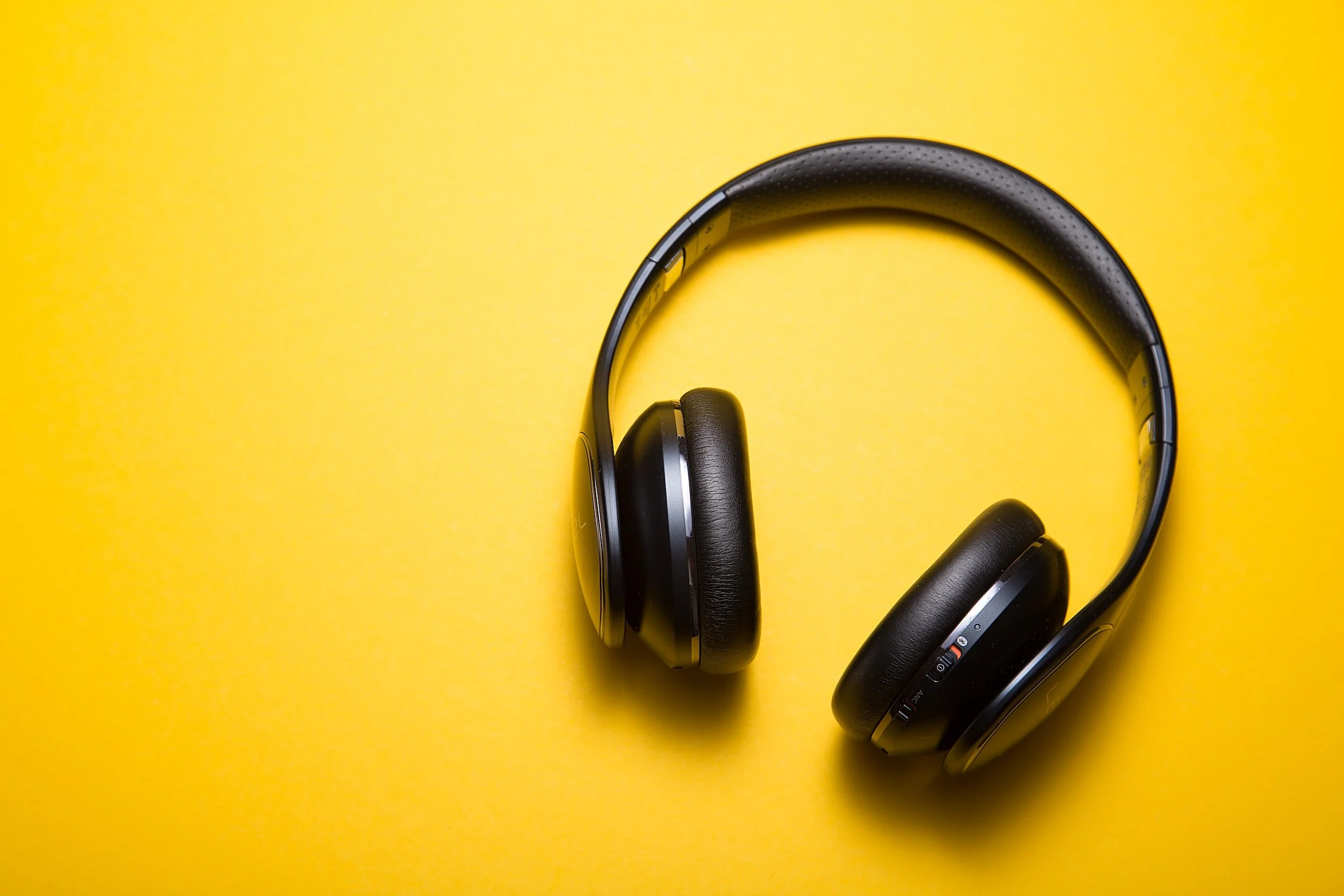The Importance of Listening in Spanish to Achieve Fluency
¡Qué onda, amigos!
Today, we're going to chat about one of the most critical aspects of learning Spanish:
LISTENING.
Now, I know what you're thinking, "But Levi, I don't want just to listen; I want to speak!"
And I hear you, but listening IS the foundation for fluency.
(How exactly will you mimic native speakers if you haven't listened to them do it first?)
Think back to your earliest memories. When you were a kid, you listened to your parents before you spoke your first word, right?
You then modeled your parent's speech – their vocabulary, expressions, and accent. Although it sounds funny to admit, we're sort of like super advanced parrots. We learn languages by listening and mimicking.
Well, the same principle applies here. To become a fluent Spanish speaker, you must first focus on listening.
Here's why:
Listening Helps You Pick Up Vocabulary and Grammar
When you listen to Spanish speakers, you'll pick up new words and phrases, which will help you internalize the language's patterns.
That means you'll start recognizing familiar words and phrases and use them more effectively in your conversations. It's like a word bank in your brain - the more you listen, the more words you'll have in your bank.
Listening Improves Your Pronunciation
Have you ever tried to speak Spanish, and people looked at you like you were from another planet?
Yeah, I've been there, too.
But don't worry compadres. By listening closely to native speakers, you'll start to mimic their accents and intonation in time. You'll sound more like a native speaker, and people will finally understand you.
No more awkward silences during conversations - am I right?
Listening Builds Your Listening Comprehension Skills
Let's face it, understanding spoken language is one of the biggest challenges in language learning.
By listening to Spanish speakers, you'll build your listening comprehension skills. You'll start to recognize different accents and speaking styles and be better equipped to understand what people are saying in various contexts.
You'll also avoid those embarrassing moments when someone asks you a question and you have no idea what they're saying.
Listening Exposes You to Mexican Spanish Culture
When you listen to Spanish speakers, you'll learn about the culture of Spanish-speaking countries. You'll hear about their customs, traditions, and ways of life.
This exposure can be invaluable for understanding the context in which the language is used and for building cultural competence. Plus, you'll have plenty of things to discuss during your next carne asada!
Research backs up the importance of listening skills in language learning.
For instance:
A study published in the Journal of Language and Social Psychology found that listening comprehension strongly predicted second language proficiency in Spanish among adult learners (Perea et al., 2017).
Another study published in the Journal of Psycholinguistic Research found that listening was one of the most essential skills for developing fluency in Spanish among intermediate learners (Gass & Mackey, 2007).
A study published in Language Learning & Technology found that listening comprehension was the most challenging skill for learners of Spanish as a foreign language (Leaver & Willis, 2004).
As you can see, these studies provide evidence that listening is a critical component of language learning and can significantly impact language proficiency.
There is little to no doubt that if you are looking for a surefire way to improve your vocabulary and grammar, pronunciation, comprehension skills, and cultural understanding, prioritizing listening practice in your Spanish learning routine is a wise choice.
Here are some tips to keep in mind when you're shifting your focus to doing more Spanish listening:
Listen to Spanish Every Day:
The key to improving your listening skills is practicing daily. Listen to Spanish-language music, podcasts, or news broadcasts.
Watch Spanish-language TV shows or movies. Try to immerse yourself in the language as much as possible.
And hey, if you're not into reggaeton, telenovelas, or soccer, don't sweat it. There are plenty of other listening resources out there.
Focus on Listening Comprehension:
When you listen to Spanish, focus on understanding what is being said (in general). Don't worry too much about understanding every single word or phrase. Instead, try to pick out the main ideas and the overall message of what is being said.
Use Visual Cues
If your listening source is in video format, make sure to focus on facial expressions and body language to help you understand what is being communicated.
Ultimately, remember that listening comprehension is a skill that takes time and practice to develop, so be patient and keep practicing!
In addition to the tips provided above, here are some additional ways you can incorporate listening practice into your Spanish study routine:
Netflix, Hulu, and Amazon Prime (Series & Movies)
Attend Spanish-Language Events: concerts, movies, theater performances, or cultural festivals can provide you with immersive listening practice in a real-world context.
In conclusion, listening is critical to learning Spanish and can significantly impact language proficiency. By prioritizing listening practice in your language learning routine and utilizing various resources, you can improve your vocabulary and grammar, pronunciation, listening comprehension skills, and cultural understanding.




